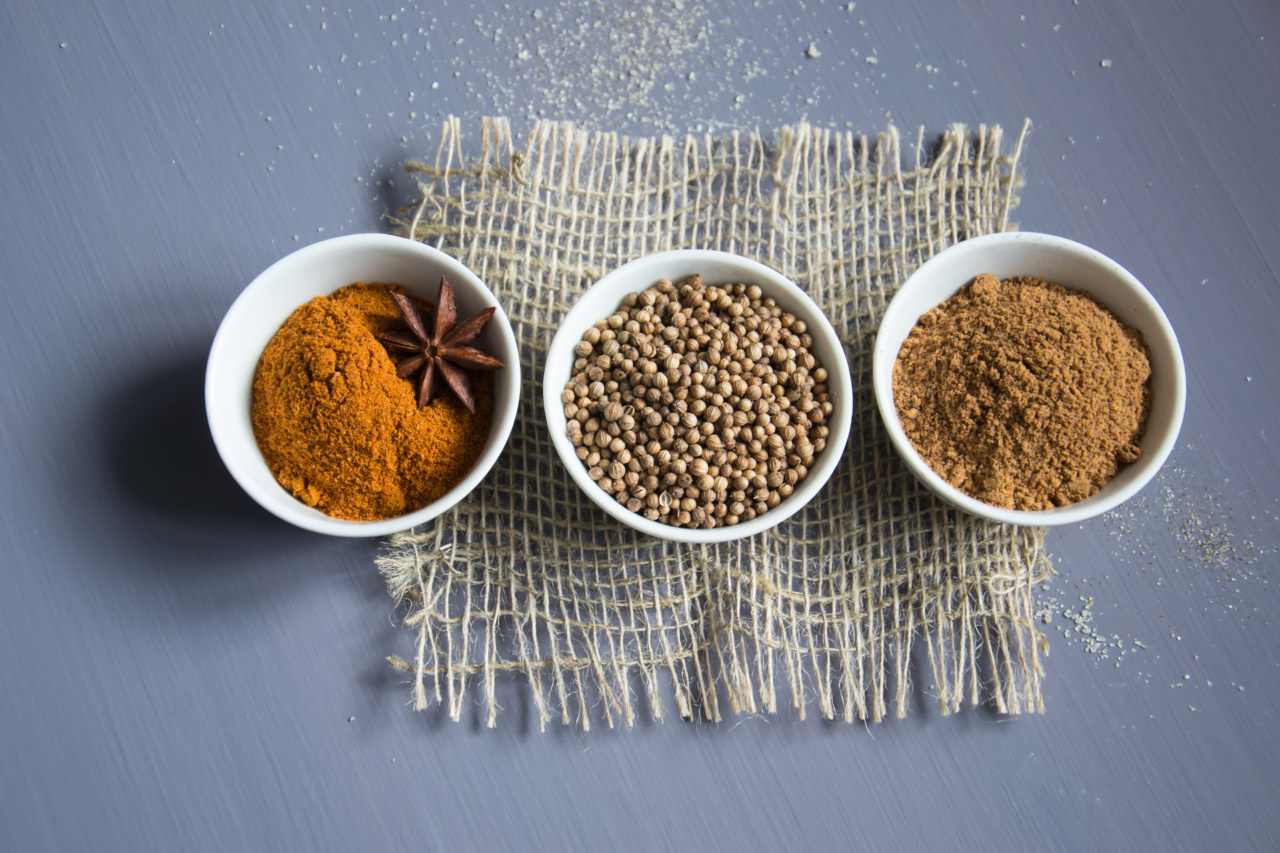Spicy foods have been enjoyed by cultures around the world for centuries. From fiery curries in India to hot salsas in Mexico, the love for spice is universal.
But did you know that these flavorful additions to your meals can also offer hidden treasures to a longer and healthier life?.
Boosting Metabolism
One of the key benefits of spicy foods is their ability to boost metabolism. The compound responsible for the heat in chili peppers, called capsaicin, has been found to increase the body’s metabolic rate.
This means that consuming spicy foods can help burn more calories, which may contribute to maintaining a healthy weight or even promoting weight loss.
Reducing Inflammation
The active compound in turmeric, known as curcumin, has been hailed for its anti-inflammatory properties. Turmeric is commonly used in Indian cuisine and is credited with a myriad of health benefits.
Studies have shown that curcumin can help reduce inflammation in the body, which is linked to various chronic diseases such as heart disease, diabetes, and cancer.
Enhancing Heart Health
Spicy foods have also been associated with improvements in heart health. Research suggests that capsaicin can help lower blood pressure and cholesterol levels, thus reducing the risk of cardiovascular diseases.
In addition, the antioxidants found in spices like cinnamon and cloves may help prevent oxidative damage to blood vessels, promoting overall cardiovascular health.
Boosting Immunity
Spices are not only flavorful but also rich in vitamins, minerals, and antioxidants, making them excellent for boosting the immune system.
Garlic, for example, is known for its immune-boosting properties due to its high content of allicin, a compound that has antiviral and antibacterial effects. Similarly, ginger is praised for its ability to improve immune function and reduce inflammation.
Improving Digestion
Spices have long been used to aid digestion in traditional medicine. Many spices, such as cumin, fennel, and ginger, possess carminative properties, which can help soothe the digestive system and alleviate indigestion, bloating, and gas.
Additionally, the heat from spicy foods can stimulate the production of digestive enzymes, aiding in the breakdown of food.
Enhancing Mood and Mental Health
Eating spicy foods can have a positive impact on mood and mental health. The release of endorphins triggered by consuming spicy foods can create a sense of pleasure and well-being.
Additionally, capsaicin has been shown to have antidepressant effects, possibly due to its ability to increase serotonin levels in the brain. Studies have also indicated that certain spices, such as saffron and turmeric, may help alleviate symptoms of anxiety and depression.
Promoting Longevity
With its array of health benefits, it’s no surprise that incorporating spicy foods into your diet can contribute to a longer and healthier life.
The anti-inflammatory and antioxidant properties of spices can help protect against age-related diseases and promote longevity. Additionally, the metabolism-boosting effects of spicy foods may help maintain a healthy weight, reducing the risk of obesity-related conditions.
Variety and Moderation
While spicy foods offer numerous health benefits, moderation and variety are key. It’s important to note that not all spicy foods are created equal, and some may be higher in salt or unhealthy fats.
It’s best to incorporate a diverse range of spices and consume them as part of a balanced diet. This way, you can enjoy the hidden treasures of spicy foods without compromising your overall health.
Incorporating Spice into Your Diet
If you’re new to spicy foods, it’s best to start slowly and gradually increase your tolerance.
Experiment with different spices, such as chili peppers, cayenne pepper, turmeric, ginger, and cinnamon, to find the flavors that suit your palate. You can add spices to dishes like soups, stews, stir-fries, or even sprinkle them on top of your favorite snacks. Don’t be afraid to get creative in the kitchen and spice up your meals!.































